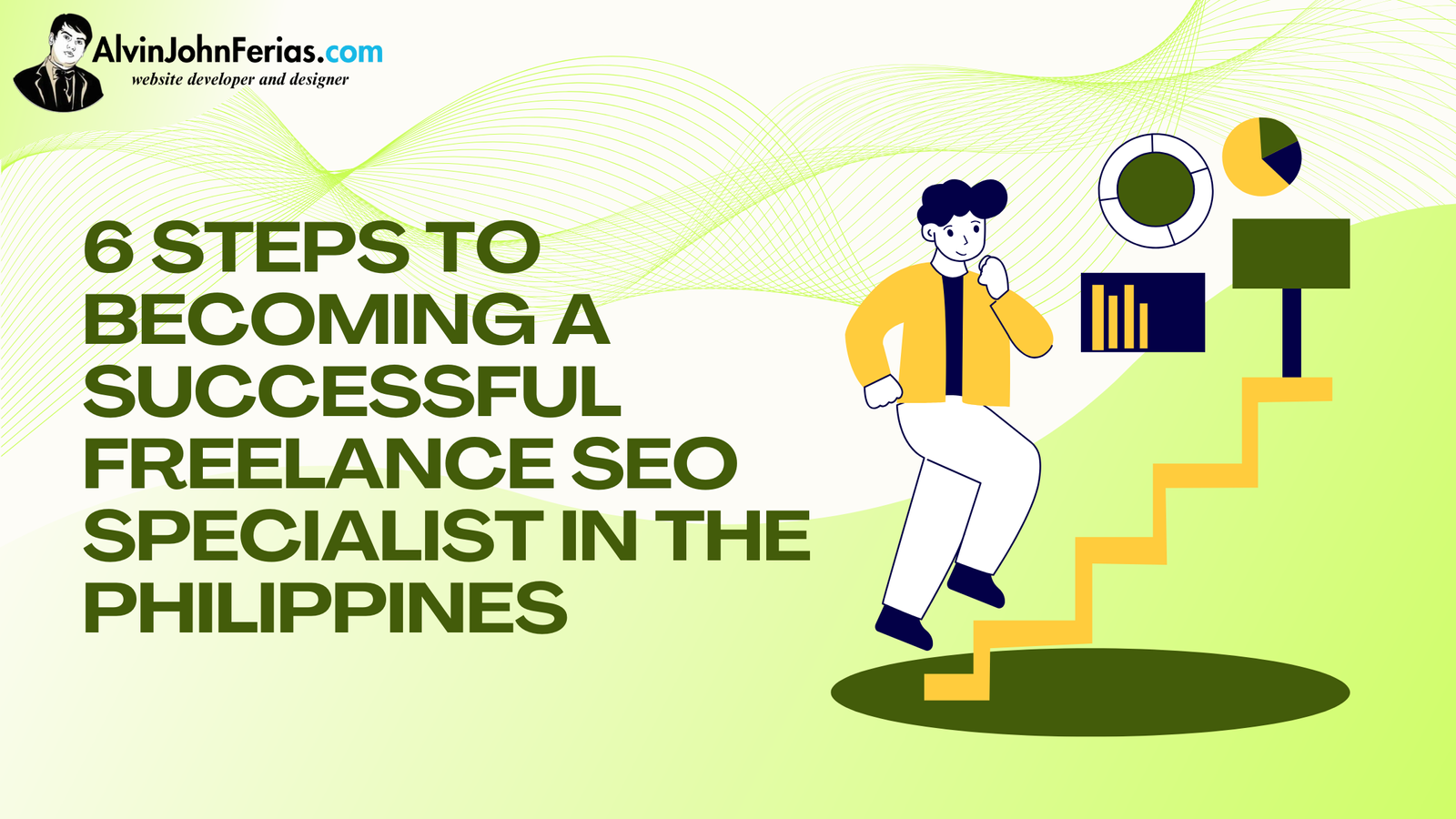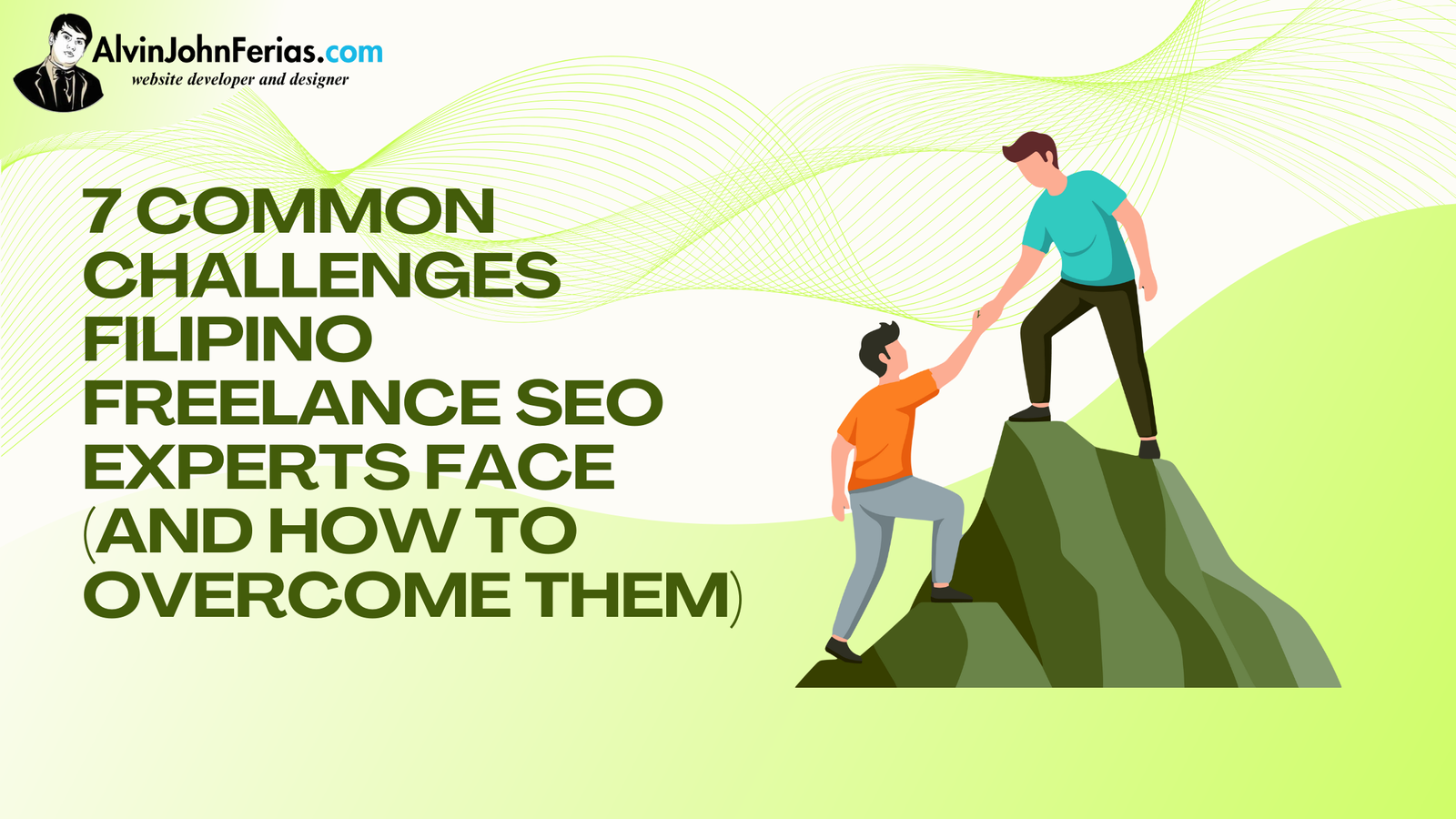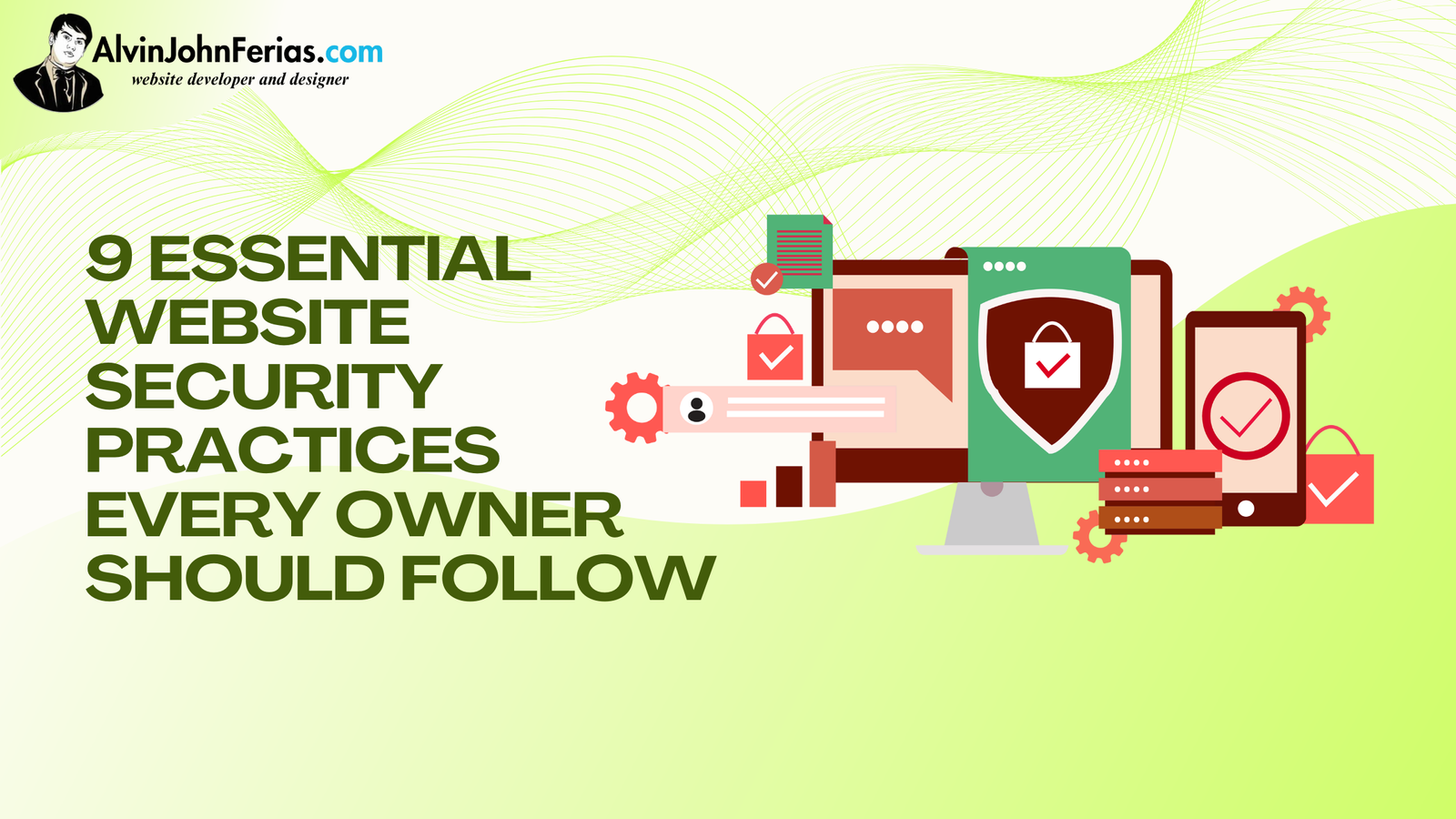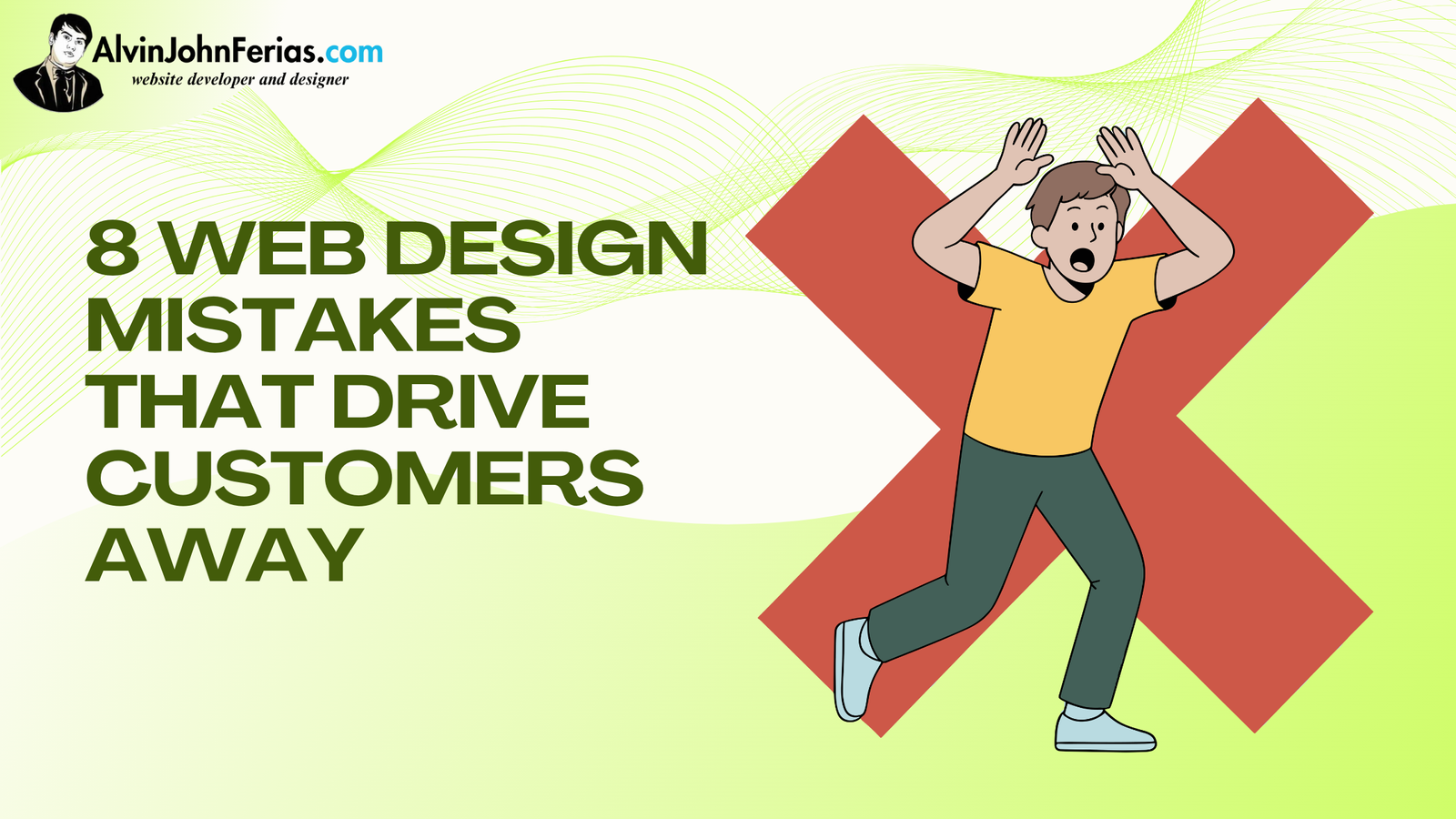Want more people to find your website when they search online? That’s what SEO, or Search Engine Optimization, is all about. It helps your site show up higher in places like Google search results. When your site is easy to find, you get more visitors, and that’s great for business!
Now, some companies might help with just one small part of SEO. But a full-service SEO agency is different. Think of them as a team that does everything needed to help your website get noticed. They don’t just focus on one thing; they look at the whole picture to get you the best results.
Core SEO Services: The Foundation of Visibility
At the heart of any full-service SEO agency are the core services that form the bedrock of online visibility. These are the essential elements that directly impact how search engines find, understand, and rank your website.
A. Keyword Research & Strategy
This is where it all begins. Without understanding what your potential customers are searching for, your SEO efforts will be misguided.
- Identifying relevant and high-intent keywords: Agencies delve deep to find the exact phrases and terms your target audience uses when looking for your products or services. This includes not just broad terms but also long-tail keywords that often indicate a higher purchase intent.
- Analyzing keyword competition and search volume: It’s not enough to find keywords; an agency will assess how difficult it will be to rank for them and the potential traffic they can generate.
- Developing a targeted keyword strategy: Based on the research, a comprehensive strategy is built, mapping specific keywords to relevant pages on your site.
- Understanding user intent behind search queries: Modern SEO goes beyond just keywords to understand why a user is searching. Is it informational (looking for information), navigational (looking for a specific site), commercial (researching before a purchase), or transactional (ready to buy)? Aligning content with user intent is crucial.
B. On-Page SEO Optimization
Once the keyword strategy is in place, the next step is to optimize the actual content and structure of your website.
- Optimizing title tags, meta descriptions, and header tags: These HTML elements are critical signals for search engines and also influence click-through rates from SERPs. Title tags are the clickable headlines in search results, meta descriptions provide a brief summary, and header tags (H1, H2, etc.) structure your content.
- Internal linking strategies: Creating a logical and strategic network of internal links (links from one page on your site to another) helps search engines crawl your site more effectively, understand the relationship between content, and distribute “link equity” (ranking power) to important pages.
- Image optimization (alt text, file names): Optimizing images with descriptive alt text (alternative text for images if they don’t load) and relevant file names makes them accessible to search engines (which can’t “see” images) and improves user experience for visually impaired users.
- Content optimization (keyword integration, readability, E-E-A-T signals): This involves naturally incorporating target keywords into high-quality content, ensuring it’s easy to read and understand for users. It also involves demonstrating E-E-A-T (Experience, Expertise, Authoritativeness, and Trustworthiness) – signals that Google uses to assess content quality.
- Schema markup implementation: Adding structured data (schema markup) to your website helps search engines better understand the context of your content (e.g., if it’s a product, recipe, event, or article). This can lead to enhanced listings in search results, known as rich snippets (e.g., star ratings, FAQs, prices).
C. Technical SEO
The technical aspects of your website play a significant role in its ability to be crawled, indexed, and ranked by search engines.
- Website speed and performance optimization: A slow-loading website frustrates users and can negatively impact rankings. Agencies work on improving loading times through techniques like image compression, browser caching, and code minification.
- Mobile-friendliness and responsive design: With a majority of searches happening on mobile devices, having a responsive design that adapts seamlessly to all screen sizes (desktops, tablets, smartphones) is non-negotiable.
- Site architecture and crawlability: A well-structured website with clear navigation is easier for search engine bots (or “spiders”) to crawl and understand the hierarchy and importance of your content.
- Indexing and robots.txt management: Ensuring that search engines can (and do) index your important pages is crucial for them to appear in search results. The
robots.txtfile tells search engine crawlers which pages or sections of your site should not be crawled or indexed. - XML sitemap creation and submission: An XML sitemap is a file that lists all the important pages on your website, making it easier for search engines to discover and index your content.
- Identifying and fixing crawl errors: Using tools like Google Search Console, agencies find and fix errors (e.g., broken links, server errors) that prevent search engines from properly accessing and indexing your site.
- Implementing SSL/HTTPS: Secure Sockets Layer (SSL) encrypts data transmitted between a user’s browser and your website. HTTPS (secure HTTP) is a confirmed ranking signal and builds user trust by ensuring a secure connection.
D. Off-Page SEO & Link Building
Off-page SEO refers to activities performed outside of your own website to enhance its authority, reputation, and ranking in search results.
- Developing a high-quality backlink profile: Backlinks (links from other websites to yours) are one of the most important ranking factors. A full-service agency focuses on acquiring high-quality, relevant backlinks from authoritative websites, as these act as “votes of confidence.”
- Guest blogging and outreach: Writing informative articles for other reputable websites in your industry (guest blogging) can earn valuable backlinks, increase exposure to a new audience, and build authority. This involves strategic outreach to relevant publications.
- Broken link building: This tactic involves finding broken links (links that no longer work) on other websites and suggesting your relevant content as a replacement, thereby earning a backlink.
- Digital PR and brand mentions: Generating positive online buzz, press releases, and mentions for your brand across various online platforms can indirectly boost SEO by increasing brand authority and potentially leading to natural backlinks.
- Local SEO citations (for local businesses): For businesses targeting local customers, ensuring your business name, address, and phone number (NAP) are consistent and accurately listed across relevant online directories (e.g., Yelp, Yellow Pages, industry-specific directories) is crucial.
- Competitor backlink analysis: Understanding where your competitors are getting their links from can reveal new link-building opportunities and inform your own strategy.
Content Marketing & Creation: Fueling SEO Success
Content is the fuel that powers SEO. Without high-quality, relevant, and engaging content, even the most technically sound website will struggle to rank and attract an audience.
A. Content Strategy Development
A successful content effort is driven by a well-thought-out strategy, not random acts of content creation.
- Identifying target audience and their pain points: Understanding who you’re trying to reach, their needs, questions, challenges, and interests is fundamental to creating content that resonates.
- Planning content topics and formats (blog posts, articles, infographics, videos, etc.): Determining the best types of content (e.g., informative blog posts, helpful guides, engaging videos, shareable infographics) to create to address audience needs, target keywords, and achieve SEO goals.
- Creating a content calendar: A schedule that outlines when specific content pieces will be created, published, and promoted, ensuring a consistent flow of fresh material.
- Aligning content with the sales funnel: Creating different types of content that cater to users at various stages of their customer journey – from initial awareness (e.g., blog posts) to consideration (e.g., case studies, comparison guides) and decision-making (e.g., product pages, testimonials).
B. High-Quality Content Creation
The quality and relevance of your content are paramount for both users and search engines.
- SEO-driven copywriting: Crafting content that is not only engaging, well-written, and informative for the human reader but also strategically optimized for search engines with relevant keywords and clear structure.
- Engaging and valuable content that resonates with the audience: Content should provide real value by answering questions, solving problems, educating, or entertaining your target audience.
- Ensuring originality and E-E-A-T (Experience, Expertise, Authoritativeness, Trustworthiness): Producing unique, well-researched content that showcases your brand’s credentials, knowledge, and trustworthiness is critical for ranking well, especially following Google’s emphasis on content quality.
C. Content Distribution & Promotion
Creating great content is only half the battle; it also needs to be seen by the right audience.
- Sharing content on relevant platforms: Distributing your content through various channels where your target audience spends their time, beyond just your own website.
- Social media promotion: Leveraging social media platforms to amplify content reach, encourage engagement, and drive traffic back to your website.
- Email marketing integration: Using email newsletters to share new content with your subscribers, nurture leads, and encourage repeat visits to your website.
Analytics, Reporting & Strategy Refinement
SEO is not a “set it and forget it” discipline. Continuous monitoring, analysis, and adaptation are crucial for long-term success and to demonstrate the value of the investment.
A. SEO Audits
- Comprehensive initial website audit: Before starting any significant work, agencies typically conduct a thorough audit of your website to assess its current SEO health. This includes technical aspects, on-page elements, current keyword rankings, backlink profile, and competitor performance to identify strengths, weaknesses, and opportunities.
- Regular performance audits: SEO isn’t a one-time fix. Agencies perform ongoing audits (e.g., monthly or quarterly) to monitor progress, identify new issues that may arise (like crawl errors or broken links), and ensure the strategy remains effective as search engine algorithms and your competitive landscape evolve.
B. Performance Tracking & Reporting
- Setting up and monitoring key SEO metrics: Agencies establish clear Key Performance Indicators (KPIs) tailored to your business goals. This includes tracking organic traffic, keyword rankings for targeted terms, click-through rates (CTR) from search results, bounce rate, time on page, conversion rates (e.g., leads generated, sales made from organic traffic), and backlink acquisition. Tools like Google Analytics and Google Search Console are staples.
- Regular, transparent reporting on progress and ROI: You should expect clear, understandable, and regular reports (e.g., monthly) that detail the work performed, the trends observed in your key metrics, and an analysis of how SEO efforts are contributing to your overall business objectives and return on investment (ROI).
- Customized dashboards: Many agencies provide clients with access to customized dashboards where they can view real-time or near real-time data and track the performance of their SEO campaign at their convenience.
C. Competitor Analysis
- Identifying key competitors: Understanding who your main online competitors are – those businesses vying for the same keywords and audience in search results – is vital.
- Analyzing their SEO strategies, strengths, and weaknesses: This involves a deep dive into what your competitors are doing well in terms of their content strategy, the keywords they rank for, the quality and sources of their backlinks, and their on-page optimization tactics. This analysis helps uncover opportunities for your own strategy and identify areas where you can gain a competitive edge.
- Benchmarking performance: Your SEO progress is often measured and compared against that of your key competitors to provide context and highlight areas of improvement or market leadership.
D. Algorithm Updates & Adaptation
- Staying informed about search engine algorithm changes: Search engines like Google frequently update their ranking algorithms (sometimes daily, with larger “core” updates several times a year). A full-service agency dedicates resources to staying on top of these changes and understanding their potential impact on your website.
- Adjusting strategies to maintain and improve rankings: When significant algorithm updates occur, or if performance dips unexpectedly, the agency will analyze the situation and adapt your SEO strategy accordingly. This proactive approach helps mitigate potential negative impacts and capitalize on new ranking opportunities.
Specialized & Value-Added Services
Beyond the core components, many full-service SEO agencies offer specialized services to cater to specific business needs or to further enhance SEO performance and overall digital marketing efforts.
A. Local SEO (If applicable) For businesses with physical locations or those serving specific geographic areas (e.g., restaurants, plumbers, dentists), Local SEO is critical for attracting nearby customers.
- Google Business Profile optimization: Claiming, verifying, and fully optimizing your Google Business Profile (GBP) listing with accurate business information (name, address, phone, hours), photos, services, posts, and encouraging customer reviews.
- Local citation building and management: Ensuring consistent and accurate listings of your business name, address, and phone number (NAP) across relevant online directories and citation sites (e.g., Yelp, Yellow Pages, industry-specific directories, local business associations).
- Localized content creation: Developing content that targets local keywords (e.g., “best pizza in [city name]”) and addresses the needs and interests of the local community.
- Managing online reviews: Actively encouraging and responding to customer reviews on platforms like Google Business Profile, Yelp, and others, as reviews are a significant local ranking factor and heavily influence customer trust.
B. E-commerce SEO For online stores, specialized e-commerce SEO techniques are essential to drive product visibility, attract qualified buyers, and increase sales.
- Product page optimization: Optimizing product titles, descriptions, images (alt text, file names), and URLs with relevant keywords and compelling copy designed to convert.
- Category page optimization: Ensuring category pages are well-structured, keyword-optimized, provide a good user experience for Browse products, and effectively guide users to product pages.
- Site structure for e-commerce: Implementing a logical site hierarchy, intuitive navigation, and effective filtering options that make it easy for both users and search engines to find products.
- Managing duplicate content issues: Addressing common e-commerce challenges like duplicate content caused by product variations (size, color), filters, and faceted navigation, often using canonical tags or other methods.
- Implementing schema markup for products: Using structured data (product schema) to provide detailed product information to search engines (e.g., price, availability, brand, reviews), which can result in rich snippets in search results.
C. Voice Search Optimization With the increasing use of voice assistants (like Siri, Alexa, and Google Assistant), optimizing content for voice search queries – which are often longer and more conversational – is becoming more important. This involves focusing on natural language and question-based keywords.
D. Video SEO If you create video content, optimizing it for search engines (both on platforms like YouTube, which is the second largest search engine, and for videos embedded on your own website) can significantly increase its visibility and drive traffic. This includes optimizing video titles, descriptions, tags, and transcripts.
E. Conversion Rate Optimization (CRO) – Often integrated While not strictly SEO, CRO often goes hand-in-hand with the efforts of a full-service agency. Driving traffic is only half the battle; converting that traffic into customers (leads, sales, sign-ups) is the ultimate goal.
- Analyzing user behavior to improve website conversions: Using tools (like heatmaps, session recordings, and analytics) and data to understand how users interact with your website and identify barriers to conversion.
- A/B testing calls-to-action, landing pages, etc.: Experimenting with different versions of website elements (like headlines, button text/color, page layouts, forms) to determine what performs best in terms of converting visitors into customers.
F. Website Design & Development (from an SEO perspective) Some full-service agencies also offer web design and development services, or they work closely with your existing developers to ensure SEO best practices are implemented.
- Ensuring new designs or redesigns are SEO-friendly from the ground up: This means considering factors like site speed, mobile-friendliness, crawlability, URL structure, and user experience from the initial stages of design and development, which is far more effective than trying to fix SEO issues after a site is built or redesigned.
VI. The Benefits of Partnering with a Full-Service SEO Agency
Choosing to work with a full-service SEO agency offers numerous advantages over trying to manage complex SEO strategies in-house (especially for small to medium businesses) or juggling multiple specialized freelancers.
A. Access to a Diverse Team of Experts You gain the collective brainpower and experience of a team of specialists in various interconnected fields: SEO strategists who see the big picture, technical SEOs who understand the intricacies of website architecture and search engine guidelines, creative content creators and copywriters, skilled link builders with outreach expertise, and data analysts who can interpret performance metrics and derive actionable insights.
B. Holistic and Integrated Approach A full-service agency understands that SEO components are not isolated silos but are deeply interconnected. They develop and execute a cohesive, overarching strategy where keyword research informs content creation, technical health supports on-page efforts, and off-page signals boost overall authority. This synergy typically leads to better, more sustainable, and more significant results than piecemeal efforts.
C. Time and Cost Efficiency While there’s an investment involved, partnering with an established agency can often be more cost-effective in the long run than hiring, training, and retaining an in-house team of SEO specialists with comparable breadth and depth of expertise and the necessary tools. It also frees up your internal resources and your own time to focus on your core business operations.
D. Staying Ahead of SEO Trends and Algorithm Updates The world of SEO is dynamic and constantly evolving. Search engine algorithms change frequently, new techniques emerge, and best practices are refined. Reputable agencies dedicate significant resources to research, training, and staying current with the latest industry trends, algorithm updates, and best practices, ensuring your strategy remains effective and compliant.
E. Scalability of Services As your business grows and your needs evolve, a full-service agency can typically scale their services up or down to match your changing requirements, budget, and strategic objectives. They can adapt to new market opportunities or increased competitive pressures.
F. Focus on ROI and Business Goals A good full-service SEO agency understands that SEO is not just about achieving higher rankings or increasing website traffic for vanity’s sake; it’s about achieving tangible business outcomes. They will work to align SEO efforts with your broader marketing objectives and focus on delivering a measurable and positive return on your investment (ROI), such as increased leads, sales, and revenue.
VII. Choosing the Right Full-Service SEO Agency
Not all SEO agencies are created equal. Selecting the right partner is crucial for the success of your SEO initiatives. Here are some key factors to consider and steps to take:
A. Key Questions to Ask Potential Agencies
- What is your process for developing an SEO strategy tailored to our specific business and industry?
- Can you share case studies or examples of successful campaigns you’ve managed for businesses similar to ours (in size or industry)?
- How do you measure the success of an SEO campaign, and how and how often will you report progress and results to us?
- What specific SEO tools and software do you use for research, analysis, and reporting?
- How does your team stay updated with Google’s algorithm changes and evolving SEO best practices?
- What does your team structure look like, and who will be our primary point of contact?
- What are your contract terms, pricing models, and what is included in your fees?
B. Red Flags to Watch Out For
- Guarantees of #1 rankings: No reputable SEO agency can truly guarantee specific rankings on Google, as algorithms are complex and constantly changing.
- Over-emphasis on “secret,” “proprietary,” or “magic” techniques.
- Lack of transparency in their methods, processes, or reporting.
- A primary focus on the quantity of links over the quality and relevance of backlinks.
- Poor communication, unresponsiveness, or difficulty getting clear answers.
- Use of “black-hat” SEO tactics (e.g., keyword stuffing, cloaking, buying links) that violate search engine guidelines and can lead to penalties.
- Unrealistic promises of extremely fast results.
C. Importance of Case Studies and Testimonials Look for concrete evidence of their past success and client satisfaction. Detailed case studies can demonstrate their ability to deliver results in specific situations, and client testimonials or reviews provide insights into the experience of working with the agency.
D. Understanding Their Process and Communication Style Ensure their approach, workflow, and communication methods align with your expectations and company culture. How will they communicate updates and reports? How often will you meet or have calls? A good agency will have a clear, documented process and prioritize open, transparent communication.
VIII. Conclusion
A full-service SEO agency offers a powerful, multifaceted approach to significantly enhancing your online presence and achieving your business objectives. From meticulous keyword research and robust technical optimization to compelling content creation and authoritative link building, they provide a comprehensive toolkit designed to navigate the complexities of search engine algorithms and connect you with your target audience. By entrusting your SEO to a dedicated team of diverse experts, you’re not just investing in higher rankings or more website visitors; you’re investing in sustainable online growth, increased brand visibility, a steady stream of qualified organic traffic, and ultimately, a healthier bottom line for your business.
The true value proposition of a full-service SEO agency lies in its ability to provide a holistic, integrated, and adaptive strategy that evolves with your business needs and the ever-changing digital landscape. They take the often overwhelming and time-consuming tasks of SEO off your plate, allowing you to focus on what you do best – running and growing your core business.
Ready to unlock your website’s full potential and discover how a comprehensive, professionally managed SEO strategy can transform your online performance? Contact us for inquiries!





